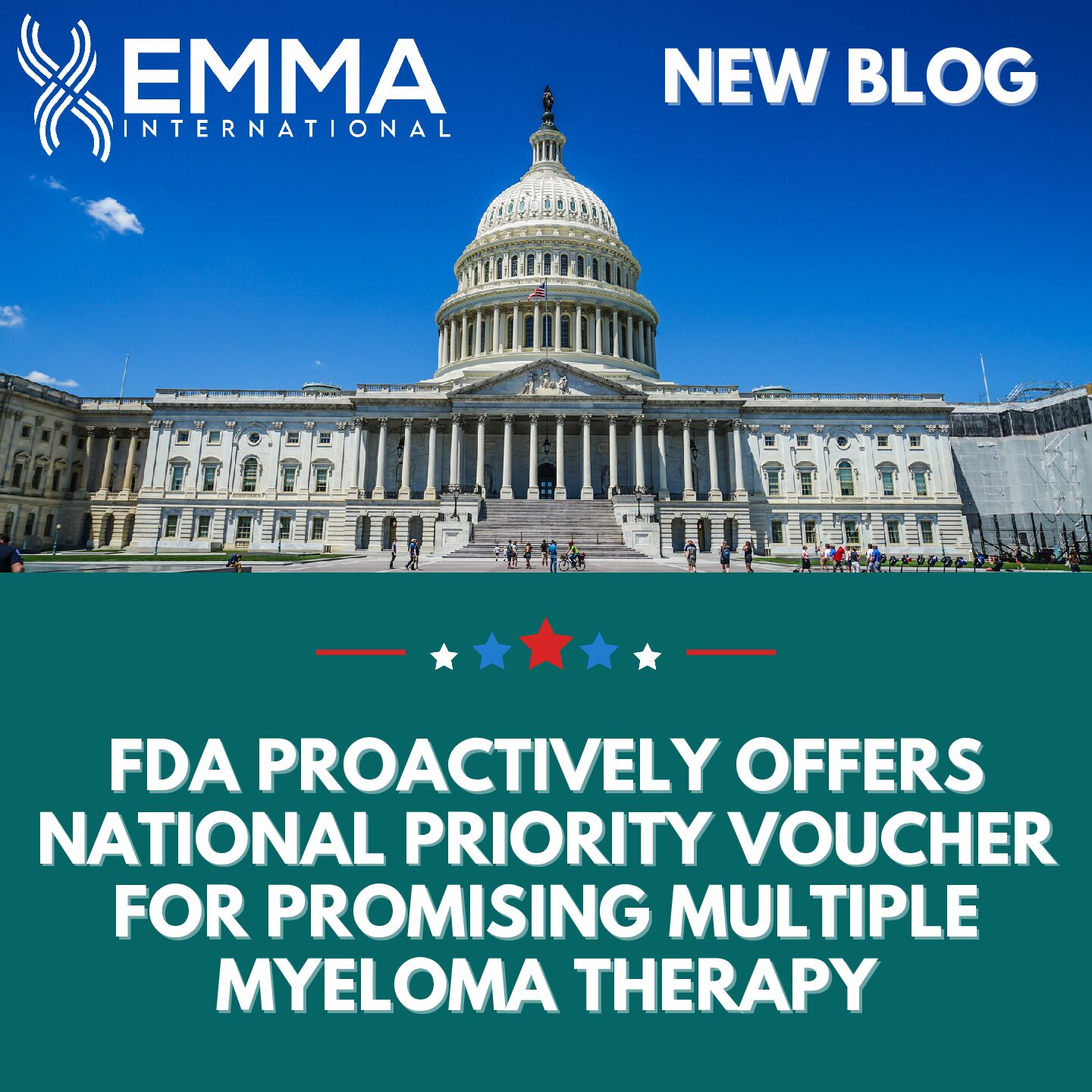In the rapidly advancing field of healthcare, biosimilars have emerged as a groundbreaking solution, offering a way to improve patient access to innovative treatments while also addressing the financial challenges posed by costly biologic drugs. This blog explores the role of biosimilars in the healthcare landscape, delving into their significance, development process, regulatory considerations, and the profound impact they have on patients and the industry at large.
Biosimilars are biological products that are highly similar to existing, approved biologic drugs and have no clinically meaningful differences in terms of efficacy, safety, and quality. While generic versions of small-molecule drugs are exact copies of the original, biosimilars are not identical to their reference biologics due to the complex and variable nature of biologic products. These drugs are derived from living organisms and produced through advanced biotechnological processes that require precision and careful control.
The development of biosimilars is an intricate and scientifically demanding process, involving extensive analytical, preclinical, and clinical studies to demonstrate that the new product closely matches the reference biologic. The manufacturing process also must meet rigorous standards to ensure consistency, quality, and safety. Bringing a biosimilar to market requires significant collaboration between scientists, industry experts, and regulatory authorities, ensuring that all necessary criteria for safety and efficacy are met.
Regulatory bodies play a critical role in assessing and approving biosimilars. Their approval process follows a stepwise approach that includes comprehensive studies to demonstrate the biosimilar’s similarity to the reference biologic. Strict regulatory standards are in place to guarantee that biosimilars offer the same level of safety and effectiveness as their reference counterparts.
The benefits of biosimilars are substantial, particularly in terms of healthcare costs. By introducing competition into the market, biosimilars can drive down the prices of biologic drugs, making these advanced therapies more accessible to a broader patient population. This is especially important for individuals requiring ongoing treatment for chronic conditions such as rheumatoid arthritis, cancer, and autoimmune diseases, where biologic therapies can be life changing. The development of biosimilars encourages innovation in the pharmaceutical sector, as competition fosters the creation of new and improved treatments.
Despite their potential advantages, the development of biosimilars is a resource-intensive and complex endeavor. Companies must navigate significant scientific and regulatory hurdles, investing considerable time, money, and expertise to ensure that their biosimilars meet the necessary standards for approval.
Biosimilars represent a pivotal advancement in the healthcare industry, offering significant cost savings and improved access to high-quality treatments. As the biosimilar market continues to grow, addressing challenges such as regulatory harmonization and increasing education about biosimilars will be key to fully unlocking their potential. With continued research, collaboration, and a commitment to patient-centered care, biosimilars have the potential to reshape the future of medicine, contributing to a more sustainable and accessible healthcare ecosystem.
If you’re looking to develop a biosimilar product, EMMA International is here to help. We offer comprehensive consulting services to support the entire lifecycle of your product, from concept to commercialization. Contact us today at 248-987-4497 or email info@emmainternational.com to learn more!
Source: FDA (March 2023) Biosimilars, retrieved from: https://www.fda.gov/drugs/therapeutic-biologics-applications-bla/biosimilars





